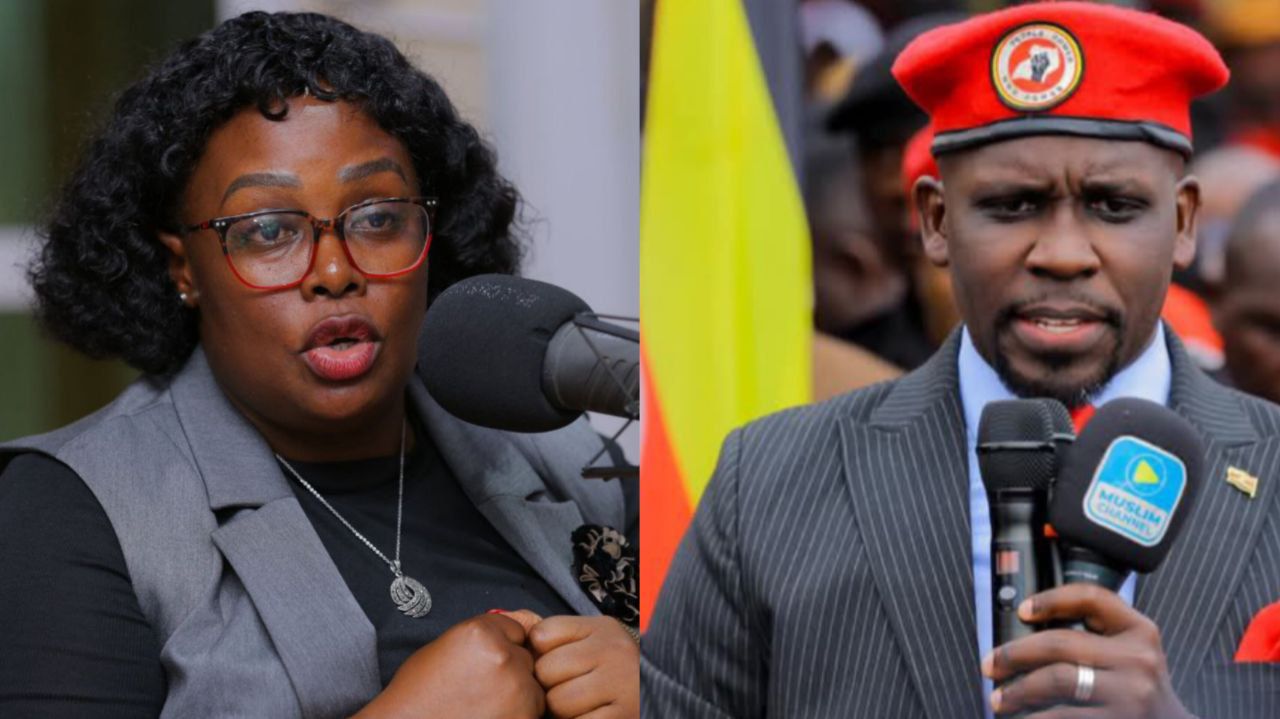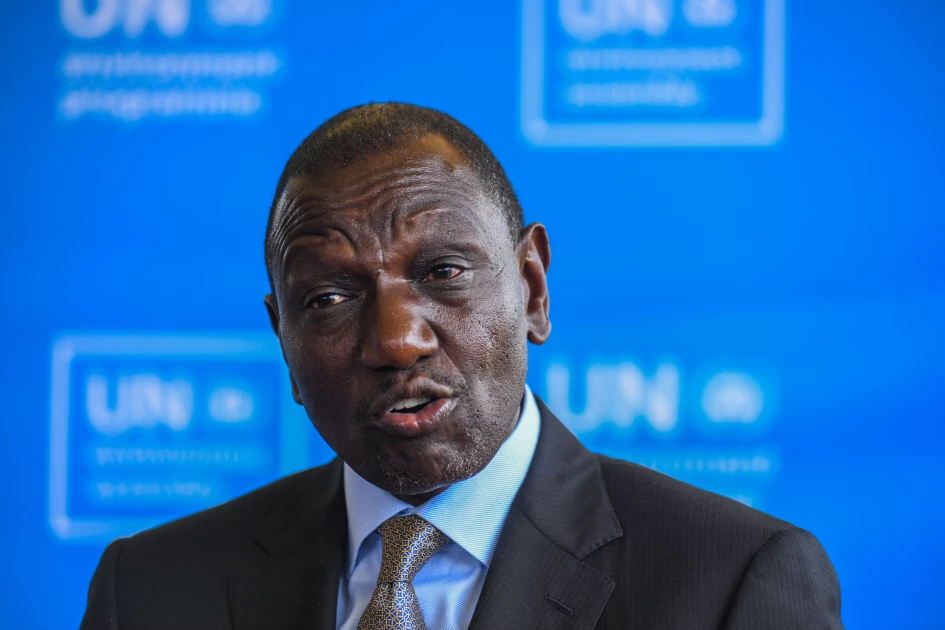Legal controversies have continued to trail the release of funds to the Sole Administrator of Rivers State, Vice-Admiral Ibok-Ete Ibas (rtd.), despite a Supreme Court ruling that they must be withheld.
This, no doubt, has raised critical legal, constitutional, and governance questions among lawyers.
According to lawyers, this development challenges the rule of law, separation of powers, and judicial supremacy—key principles in Nigeria’s democratic system.
The Supreme Court had earlier ruled that Rivers State’s federal allocations should be withheld due to Governor Siminalayi Fubara’s failure to present a valid budget before a duly constituted House of Assembly.
The court’s decision was based on the constitutional requirement that state funds must be appropriated through legislative approval before they can be accessed or spent.
By ordering the withholding of funds, the Supreme Court aimed to uphold the constitutional principle of legislative oversight over state finances, preventing the release of money without proper approval.
Following the political crisis in Rivers State, President Bola Tinubu declared a state of emergency on March 18, 2025, suspending Governor Siminalayi Fubara, his deputy, and all members of the Rivers State House of Assembly for six months.
In their place, Vice-Admiral Ibok-Ete Ibas (rtd.) was appointed as Sole Administrator of the state.
Shortly after assuming office, he announced that the previously withheld funds had been released, assuring that state workers’ salaries would be paid.
Reacting to this, a lawyer, Dr. Festus Okpara, noted that the release of funds directly contradicts the Supreme Court’s ruling.
“Nigeria’s Constitution (1999, as amended) in Section 287(1) explicitly states that Supreme Court decisions are binding on all persons and authorities.
“Disregarding this ruling undermines judicial authority, setting a dangerous precedent where executive power can override court decisions.
“This equally constitutes contempt of court, potentially leading to legal consequences for those who authorized the release”.
Another lawyer, Fola Adedeji, in his reaction submitted that, “with the House of Assembly suspended, there was no valid appropriation bill to authorise the spending of state funds. This raises questions about who approved the disbursement?
“On what legal basis was the money released? Who will provide oversight to prevent financial mismanagement?
“Without legislative oversight, the risk of misuse, unaccountability, and possible corruption increases significantly.”
Looking at it from another perspective, another lawyer, Chief Victor Essien, submitted that, “the executive arm of government does not have the power to override or nullify judicial decisions.
“The Supreme Court had expressly ruled against the release of funds, yet the Federal Government proceeded regardless. Such an action weakens the judiciary, making its decisions appear subject to executive approval.
“It violates Nigeria’s democratic framework, which requires checks and balances between the executive, judiciary, and legislature.
“Those supporting the release of funds might argue that state’s workers needed their salaries, and governance must continue.
“The appointment of the Sole Administrator created a new authority with the power to manage state funds.
“The Supreme Court ruling was based on past circumstances (Governor Fubara’s failure to present a budget), and the Sole Administrator represents a new government structure.
“However, these justifications do not override a Supreme Court decision. If the government believed the situation had changed, the proper legal approach would have been to seek a Supreme Court review of its ruling, rather than unilaterally disregarding it.
“Ensure a valid appropriation bill is passed, even if through emergency legislative measures”.
For, Ibrahim Yusuf, another Abuja based lawyer, he noted that, “ignoring Supreme Court rulings sets a dangerous precedent, signaling that executive actions can override judicial decisions.
“If state allocations can be arbitrarily disbursed without legislative approval, this could encourage financial recklessness.
“Those involved in authorising the release of funds could face legal action for contempt of court and financial mismanagement”
Lawyers unanimously agreed that the release of funds to the Sole Administrator of Rivers State after a Supreme Court ruling against it was improper, unlawful, and a threat to Nigeria’s democratic governance.
They added that executive must respect judicial authority and ensure all financial allocations are made legally and transparently.
SANs clash over FG’s decision
The legal community is divided over the Federal Government’s decision to release Rivers State’s allocation to the sole administrator, despite a Supreme Court ruling that funds should only be disbursed to states with elected representatives.
Speaking over the development, Dr Abiodun Layonu (SAN) defended the move, stating that there is no conflict between the Supreme Court judgment and the appointment of the sole administrator.
He argued that since the Supreme Court nullified the local government elections conducted by Governor Siminalayi Fubara, there is currently no valid local government structure in place.
“As a result, the funds meant for the state must still be managed, and in the absence of a functioning government, they are rightfully allocated to the sole administrator to ensure governance continues”, he said.
However, Chief Solo Akuma (SAN) disagreed, asserting that the decision lacks legal backing.
He contended that while the intention may be humanitarian, to ensure that workers receive their salaries and the state functions, the action is not rooted in legality.
Akuma stressed that such financial disbursements should follow due process and adhere strictly to legal frameworks.
Amobi Nzelu (SAN) took a more critical stance, describing the situation as politically motivated rather than legally justified.
He questioned why the allocation, which rightfully belongs to the people of Rivers State, should be controlled by a single individual.
He condemned the Supreme Court’s handling of the matter, arguing that the state’s financial autonomy was being undermined for political reasons.
Echoing these concerns, Mba Ukweni (SAN) maintained that the decision to release the state’s funds to a sole administrator contradicts the principles of governance and financial accountability.
He reiterated that the Supreme Court ruling should be upheld, ensuring that state funds were managed by duly elected representatives rather than appointed individuals.
Please follow and like us:











